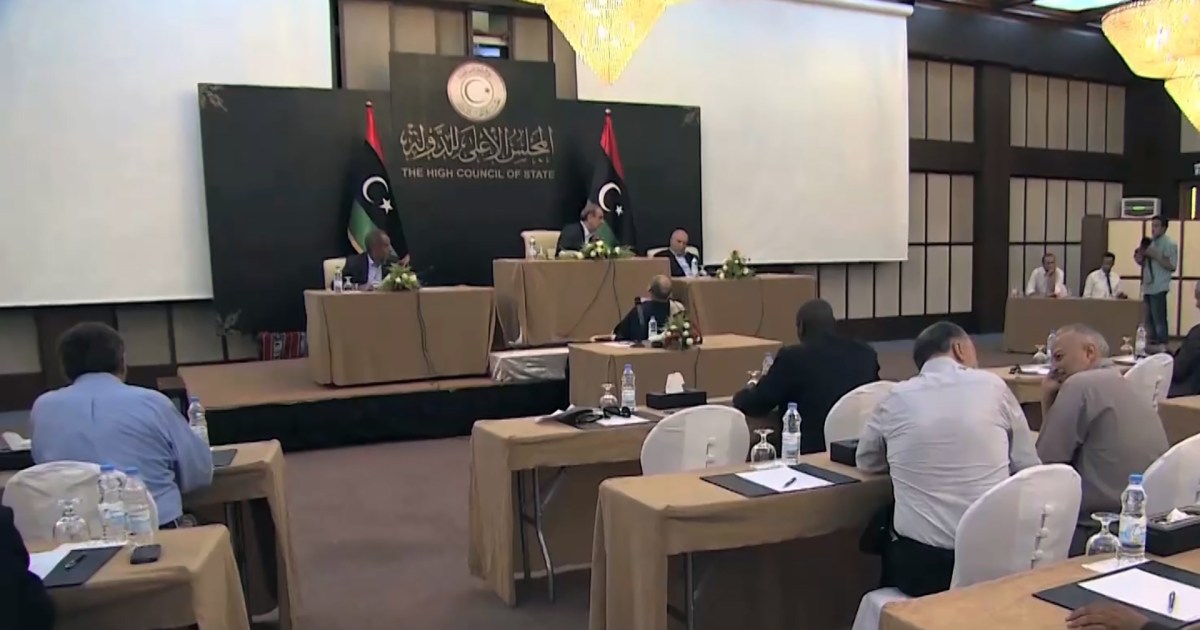Libyan tribes refused to implicate the Egyptian army in the furnace of the Libyan crisis, after Sisi asked him to grant him authorization from Libyan tribal elders to intervene militarily in the crisis.
The Supreme Council of Senate and Elders of the Libyan city of Zintan announced its refusal that the tribes should be a substitute for the elected legislative bodies.
The Council asked the Public Prosecutor to issue an arrest warrant, and to charge the high treason, to tribal elders, who called on Egyptian President Abdel Fattah al-Sisi to intervene militarily in their country.
The Supreme Council of Zintan Senators considered this step a desperate attempt to interfere with the will of the Libyan people, and demanded the Libyan Zintans wise to stand together against conspiracies and the uprising against anyone who tries to tamper with their history and prejudice or harm it, according to the expression of the statement.
In the same context, the Social Council of the tribes and the Raffallah of Egypt warned that the placement of its army in the Libyan crisis is aimed at eliminating it.
The Council declared its refusal to pledge Libyan sovereignty and political decision to external parties other than the Libyan people, or any action that leads to the partition of Libya or its division into provinces.
The council promised to hold a consultative meeting for notables, city leaders and Libyan tribes soon, to search for a national solution to the crisis within Libya's borders and without external interference.
Egyptian President Abdel-Fattah El-Sisi said last Thursday during a meeting he held with elders and notables of Libyan tribes in Cairo that his country would not stand idly by before the attack on Sirte, according to Egyptian media.
He called on the people of the Libyan tribes to engage in what he described as a unified national army, and to confine arms to the state of institutions and not others.
Libyan parties criticize Sisi’s use of tribal cards in the Libyan conflict to support his retired ally Major General Khalifa Haftar against the internationally recognized government of al-Wefaq.
Egyptian surprise,
on the other hand, the Egyptian Foreign Ministry spokesman, Ahmed Hafez, expressed surprise at the statements of Turkish officials regarding the legitimacy of the Libyan authorities' demands for Egyptian military intervention in Libya.
Hafez said that the terrorism that was deployed in Syria across the Turkish border is now bringing to Libya and other Arab regions, he said.
Hafez expressed his surprise at what he described as the adventure of the Turkish administration and the involvement in the Arab crises and their complexity according to its ideology, in order to waste the resources of the Turkish people, as he put it.
He also stressed Egypt's rejection of Turkish political and military interference in Arab affairs, which lacks a legal basis and violates Security Council resolutions, as he described.

